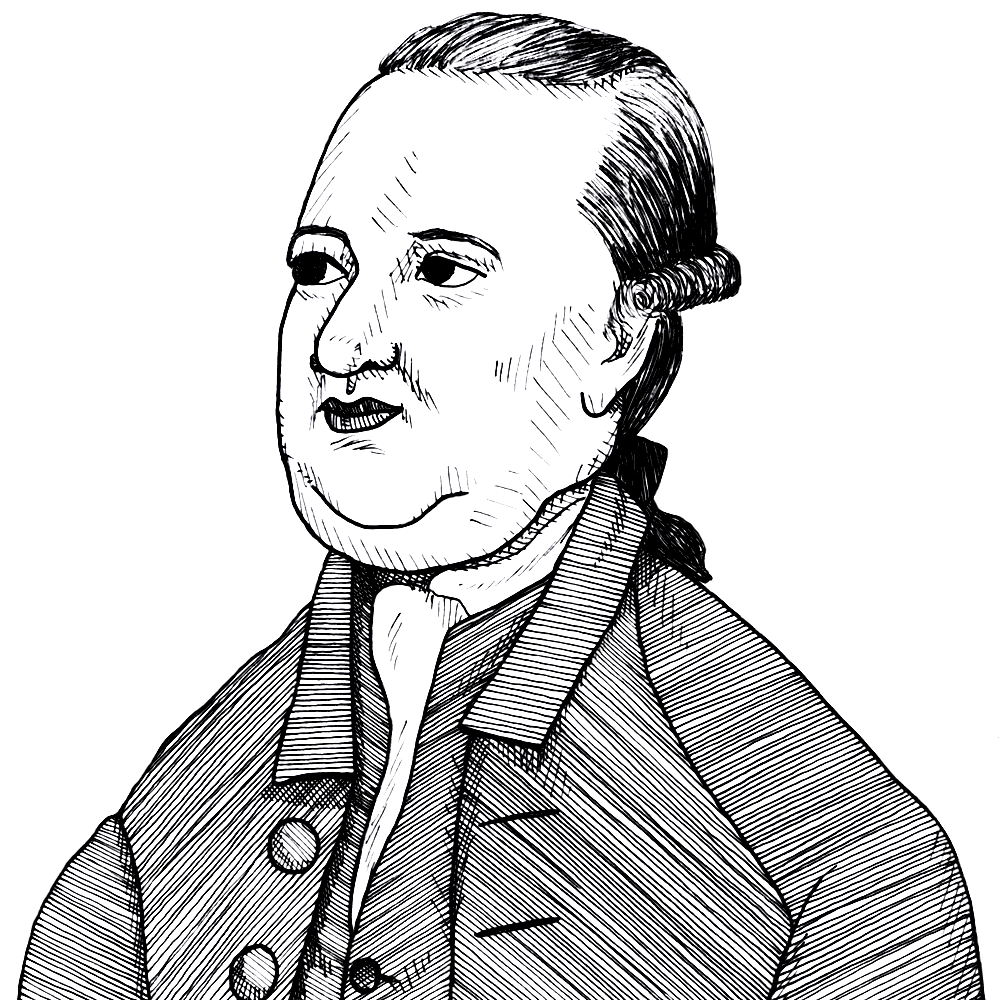
Edward Gibbon believed that unless public liberty was defended by “intrepid and vigilant guardians” any constitution would degenerate into despotism (1776)
Found in: The History of the Decline and Fall of the Roman Empire, vol. 1
In Chapter III of the first volume of his magesterial history of the decline of Rome, Edward Gibbon reflects upon the Constitution of the Roman Empire in the Age of the Antonines:
Presidents, Kings, Tyrants, & Despots
The obvious definition of a monarchy seems to be that of a state, in which a single person, by whatsoever name he may be distinguished, is entrusted with the execution of the laws, the management of the revenue, and the command of the army. But unless public liberty is protected by intrepid and vigilant guardians, the authority of so formidable a magistrate will soon degenerate into despotism. The influence of the clergy, in an age of superstition, might be usefully employed to assert the rights of mankind; but so intimate is the connection between the throne and the altar, that the banner of the church has very seldom been seen on the side of the people. A martial nobility and stubborn commons, possessed of arms, tenacious of property, and collected into constitutional assemblies, form the only balance capable of preserving a free constitution against enterprises of an aspiring prince.